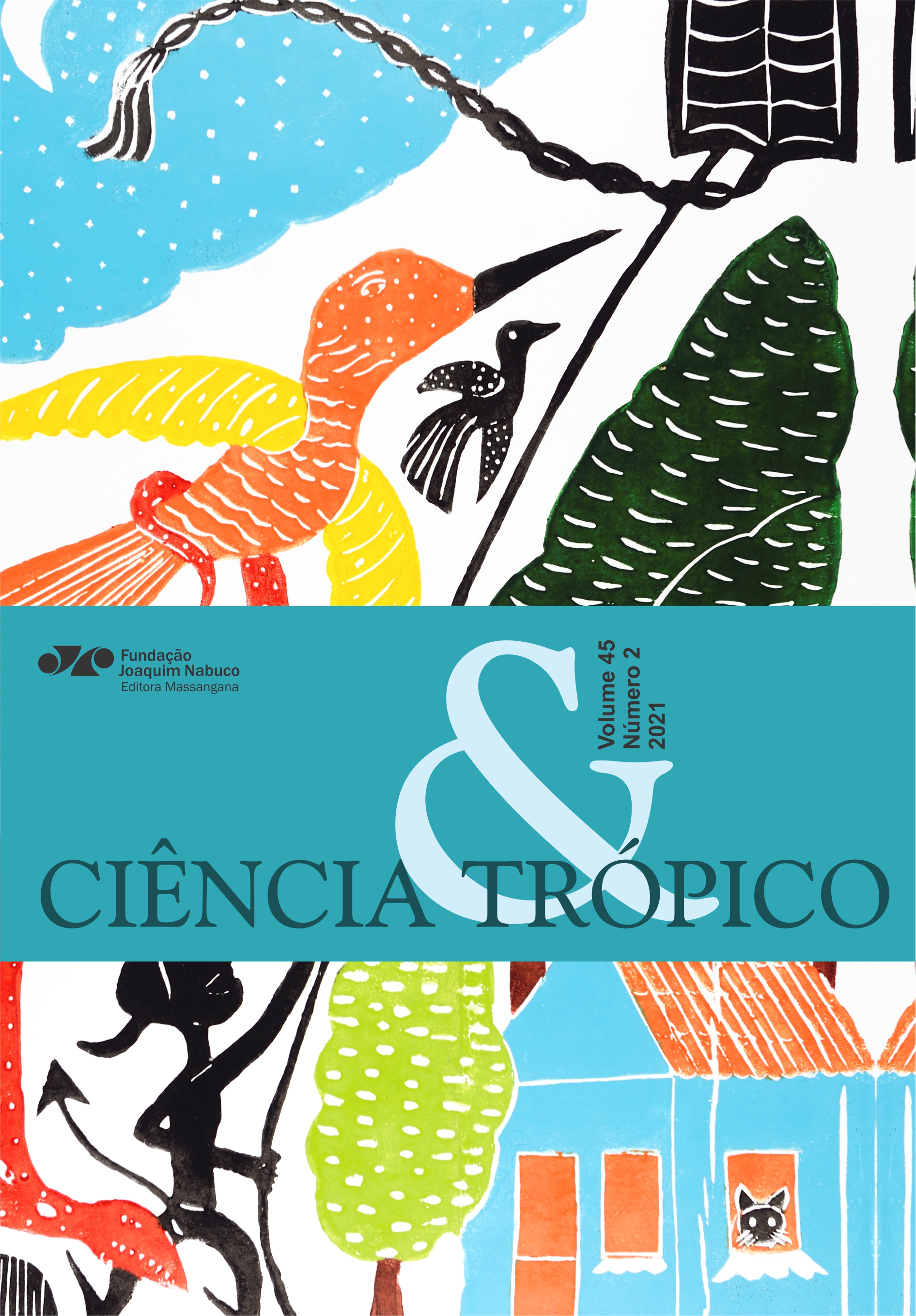Desastres, desigualdades, violências e processos de democratização
DOI:
https://doi.org/10.33148/cetropicov45n2(2021)art8Resumo
O artigo discute o significado da violência no surgimento, manutenção e erosão das ordens socioecológicas. Ele se concentra na interconexão entre a violência contra comunidades marginalizadas, afetadas pela rápida expansão de formas frequentemente criminosas de acumulação primitiva promovidas ou implementadas diretamente por governos e atores privados multinacionais, muitas vezes com o apoio tácito ou explícito de instituições internacionais cujo mandato original foi preservar a paz e promover o desenvolvimento universal. Ainda apresenta evidências do impacto global de conflitos e violência relacionados ao meio ambiente, complementados com exemplos empíricos da América Latina, relacionados à expansão das atividades extrativistas e aos impactos desigualmente distribuídos de eventos extremos geofísicos ou climáticos, entre outros, que continuam a induzir formas amplas e múltiplas de resistência social. O autor enfatiza a produção de desigualdade e injustiça estruturais por meio da violência organizada sistematicamente e da criminalização de atores sociais que visam a defender seus territórios, meios de subsistência e direitos básicos. O argumento destaca a contradição fundamental entre o compromisso discursivo com os princípios e processos democráticos por parte de governos e instituições internacionais e as ilegalidades e atrocidades violentas cometidas nos territórios contra comunidades indefesas. Discute os desafios enfrentados pelos cientistas sociais para produzir entendimentos e explicações mais avançadas e complexas desses processos, que possam contribuir para a construção de ordens socioecológicas mais humanas.
Palavras-chave: Violências socioecológicas. Ordens socioecológicas. Processos de democratização. Desigualdade estrutural e injustiça. América Latina.
Downloads
Downloads
Publicado
Como Citar
Edição
Seção
Licença
Copyright (c) 2021 Jose Esteban Castro

Este trabalho está licenciado sob uma licença Creative Commons Attribution 4.0 International License.


